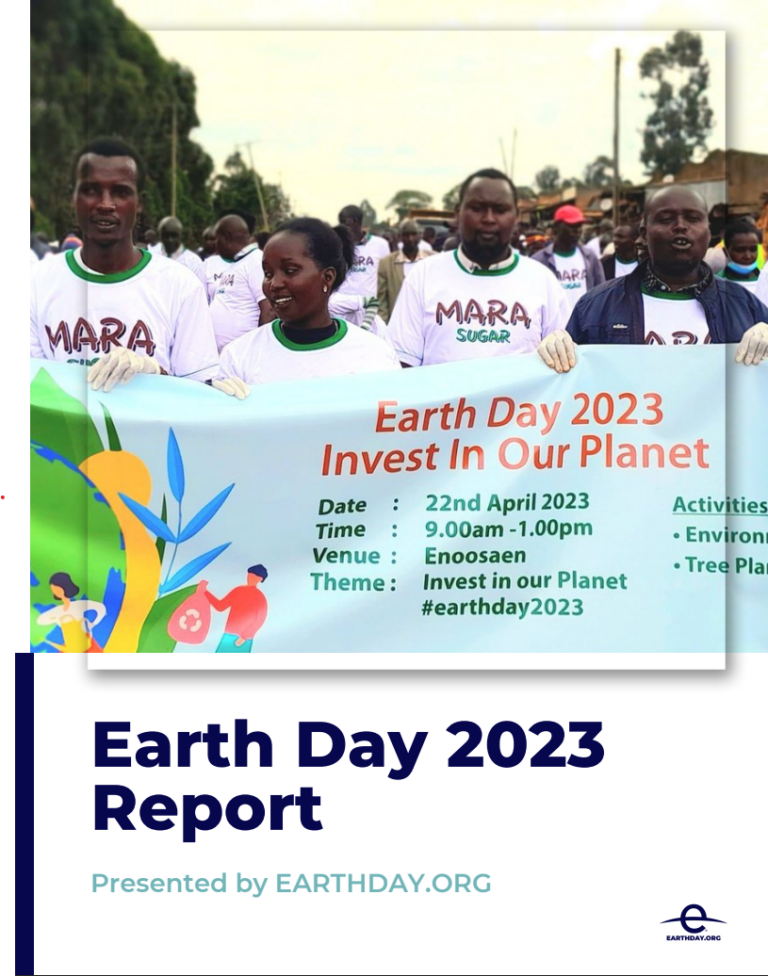
The only metric that tracks how much nature we have - and how much nature we use Ecological Footprint accounting, first introduced in the 1990s and continuously developed, continues to be the only metric that compares overall human demand on nature with what our planet can renew -- its biocapacity -- and distils this into one number: how many Earths we use. Our economy is running a Bernie Madoff-style Ponzi scheme with the planet. We use future resources to run the present, using more than Earth can replenish. Like any such scheme, this works for a limited time, followed by a crash. Avoiding ecological bankruptcy requires rigorous resource accounting -- a challenging task, but doable with the right tools. Ecological Footprint provides a complete introduction, covering: Footprint and biocapacity accounting Data and key findings for nations Worldwide examples including businesses, cities, and countries Strategies for creating regenerative economies Whether you're a student, business leader, future-oriented city planner, economist, or have an abiding interest in humanity's future, Footprint and biocapacity are key parameters to be reckoned with and Ecological Footprint is your essential guide.
Encyclopedia of the Anthropocene, Five Volume Set presents a currency-based, global synthesis cataloguing the impact of humanity's global ecological footprint. Covering a multitude of aspects related to Climate Change, Biodiversity, Contaminants, Geological, Energy and Ethics, leading scientists provide foundational essays that enable researchers to define and scrutinize information, ideas, relationships, meanings and ideas within the Anthropocene concept. Questions widely debated among scientists, humanists, conservationists, politicians and others are included, providing discussion on when the Anthropocene began, what to call it, whether it should be considered an official geological epoch, whether it can be contained in time, and how it will affect future generations. Although the idea that humanity has driven the planet into a new geological epoch has been around since the dawn of the 20th century, the term 'Anthropocene' was only first used by ecologist Eugene Stoermer in the 1980s, and hence popularized in its current meaning by atmospheric chemist Paul Crutzen in 2000. Presents comprehensive and systematic coverage of topics related to the Anthropocene, with a focus on the Geosciences and Environmental science Includes point-counterpoint articles debating key aspects of the Anthropocene, giving users an even-handed navigation of this complex area Provides historic, seminal papers and essays from leading scientists and philosophers who demonstrate changes in the Anthropocene concept over time
Concern about humanity's impact on the planet has never been greater, but what are the drivers of environmental change? This wide-ranging introductory textbook outlines the competing explanations of why environmental problems occur and examines the different political approaches taken to address them. Adopting a case study approach, Hayley Stevenson enables students to gain a detailed understanding of how theories and concepts are applied in practice. Diverse perspectives on a variety of contemporary environmental challenges, from climate change to hazardous waste, as well as various responses, from multilateral diplomacy to consumer-focused campaigns, provide students with an in-depth understanding of the merits and limitations of different forms of political action. Refined on the basis of classroom feedback, features include textboxes, key points, a glossary of key terms, questions, further reading suggestions and supplementary online resources. This lively book is an essential resource for advanced undergraduate and postgraduate courses on global environmental politics and environmental policy.
Hunter Vaughan offers a new history of the movies from an environmental perspective, arguing that how we make and consume films has serious ecological consequences. He examines the environmental effects of filmmaking from Hollywood classics to the digital era, considering how screen media shapes and reflects our understanding of the natural world.
Sustainability: What It Is and How to Measure It begins with a succinct business-focused summary of how to think about the risks and opportunities associated with sustainability. The author then includes his proprietary framework, The Corporate Sustainability ScorecardTM C-suite rating system, including the over 140 key sustainability indicators that are used to rate an organization's sustainability efforts. Each KSI includes examples from organizations around the world, giving the reader a complete and unbiased understanding of all aspects of sustainability. The Scorecard has been developed over the past 20 years and used by more than 70 corporations to rate themselves on sustainability. Gilbert S. Hedstrom illustrates the use of the Scorecard with hundreds of examples. He discusses sustainability transformation, governance, and strategy and execution. Social responsibility and environmental stewardship form important parts of his discourse in this important contribution to the debate on sustainability that will benefit business executives and those interested in sustainability and business. Read the author's related article on the NACD blog here: https://blog.nacdonline.org/posts/pge-lessons-oversight
On August 1 and 2, 2018, the National Academies of Sciences, Engineering, and Medicine hosted a public workshop in Washington, DC, on sustainable diets, food, and nutrition. Workshop participants reviewed current and emerging knowledge on the concept of sustainable diets within the field of food and nutrition; explored sustainable diets and relevant impacts for cross-sector partnerships, policy, and research; and discussed how sustainable diets influence dietary patterns, the food system, and population and public health. This publication briefly summarizes the presentations and discussions from the workshop.
Cambridge University Press is supporting Earth Day which takes place on the 22nd April. by offering a vast range of free content around this time - book chapters, journal articles, blog posts, webinars, discounts and more.

GreenFILE offers well-researched information covering all aspects of human impact to the environment. Its collection of scholarly, government and general-interest titles includes content on global warming, green building, pollution, sustainable agriculture, renewable energy, recycling, and more. The database provides indexing and abstracts for more than 1,000,000 records, as well as Open Access full text for more than 15,000 records.

Explore Open Access e-books on sustainability.

Explore Open Access e-books on environmental science.

Explore Open Access e-books on environmental economics.

Explore Open Access e-books on global warming and climate change.

The 1st Earth Day is celebrated in 1970 helping raise awareness of the world’s environmental problems. The Journal for the Study of Radicalism has a FREE article examining how the issue was born out of that very era.
The Sustainability and the Environment section of JSTOR Daily collects news articles on topics related to sustainability issues. The posts also recommend scholarly articles on the issues available on JSTOR.

Learn about Earth Day founder Gaylord Nelson (1916–2005) and how environmental disasters of his day inspired the creation of Earth Day in 1970. On December 7, 1972, Apollo 17 astronauts captured a now-iconic image of Earth, sometimes called the “blue marble.” The National Air and Space Museum explains how it became an inspiration and symbol for continuing Earth Day celebrations.

Open the Earth Day 2023 Report to learn about the events that took place during Earth Day 2023.
Find all past Earth Day reports at https://www.earthday.org/earth-hub/#reports